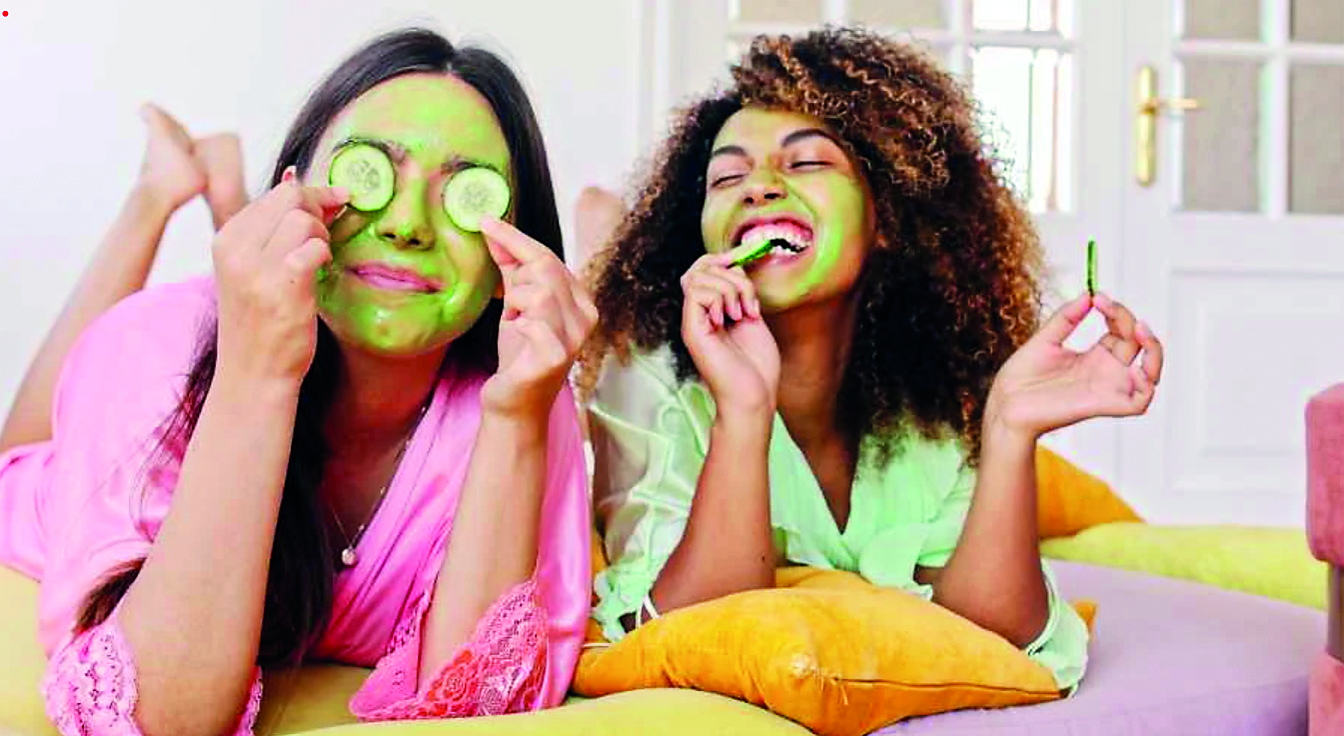Mindful momentum
Since evolution in the realm of health- and mental-care is intricately linked to our well-being, there is a need to adopt sustainable positive trends and discard the negative ones

We are stepping into 2024 with a continued evolution in the realm of healthcare and mental wellness. New perspectives and transformative shifts can significantly influence how we take care of our mental and physical well-being. At the start of this year, there’s a buzz about what’s going to last and what might change in the way we approach mental health. These predictions are like a sneak peek into what could become long-term practices and what might just be passing trends in how we take care of ourselves mentally and emotionally.
Unfollow these trends
* Self-diagnosing pitfall
A growing concern within the mental health community revolves around the proliferation of self-diagnosis campaigns. Casual phrases like “I have ADHD,” “I am so OCD,” or “I think I am bipolar” have become increasingly common. While seeking information through symptom checkers or Google’s online resources was once the norm, the newest trend of individuals self-diagnosing on social media without professional guidance risks trivialising these conditions.
There has been a surge in social media videos where creators self-diagnose, list out symptoms, make exaggerated dramatic content about mental health disorders. They not only lack professional backing but can also potentially perpetuate misinformation and reinforce stigma.
A recent study indicates that a staggering 84 per cent of mental health-related content on platforms like TikTok might be misleading, leading to the practise of self-diagnosis for disorders such as dissociative identity disorder (DID), OCD, bipolar disorder, borderline personality disorder (BPD), and complex post-traumatic stress disorder (cPTSD).
* Therapeutic misconceptions
Posts mentioning ‘Coffee is my therapy’, ‘shopping is therapy’, ‘a hug is therapy’, ‘eating a piece of chocolate is therapy’ are rampant on social media these days. In a landscape where everything is labelled as ‘therapy,’ the true essence of therapeutic practices becomes obscured. The aforementioned are at best ‘therapeutic’ to many but not a replacement to professional help.
* Challenge not accepted
If you are a regular on social media, you may have heard, seen, or taken part in a challenge. Challenges like ‘Lucky girl syndrome’, ‘Let intrusive thoughts win’, the ‘Choking challenge’, and ‘#Fairflying’ can be extremely harmful for mental health. The rise of clickbait challenges and misleading content can be dangerous and downright fatal in some cases.
* To shed or not to shed
Online misinformation on weight loss is plentiful, offering quick fixes that often prove ineffective or unsafe. Dubious claims about ‘natural’ remedies like berberine, equated to as ‘nature’s Ozempic,’ mislead seekers. Social media amplifies fears with exaggerated terms like ‘Ozempic face’ and ‘Ozempic butt,’ perpetuating misconceptions about actual medications. This misinformation risks both individual health and the widespread misunderstanding of evidence-based weight loss strategies.
Trends to anticipate
* Generative AI in healthcare
AI is rapidly becoming part of healthcare, changing how patients are cared for. Chatbots and virtual assistants are just some examples of how AI is improving patient support. These AI applications have great potential to make patient experiences better and improve treatment results.
* Precision medicine
Our generation is witnessing the emergence of personalised medicine that caters to individual DNA profiles. Imagine having a medication that is custom made to your needs, promising greater benefits and a lesser side-effect profile. With AI incorporated into genomics, treatments crafted to suit each person’s genetic make up are becoming achievable. Additionally, the development of CRISPR technology is driving progress in personalised medicine.
* Fun trends for motivation
Amidst potentially concerning trends, there exist uplifting and motivational ones. Trends like the ‘Stupid walk for stupid Mental Health’ or ‘Glow up plans’ that emphasise healthy rituals involving exercising, positive affirmations, journaling, self-care, exercise, and therapy can promote positive mental well-being.
* Mental health and psychedelics
The era of psychedelics is here, and breakthroughs in psychedelic treatments like MDMA, LSD capsules for conditions like depression, trauma and more offer a unique perspective. The first FDA approval of a psychedelic drug could come as early as this year in 2024.
Send your questions to help@dreradutta.com




